Force India make US Grand Prix boycott threat
- Published
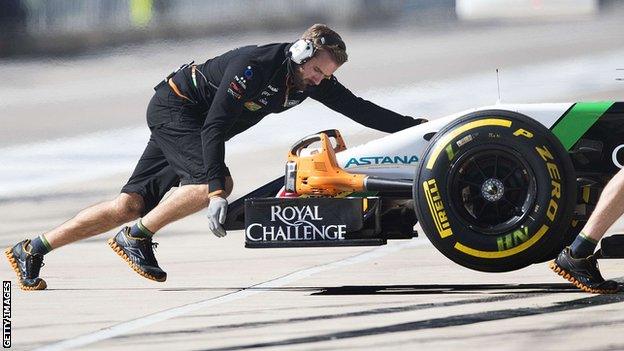
Force India say they are considering boycotting the US Grand Prix in protest at a failure to address what they see as a financial crisis in Formula 1.
The smaller teams are struggling to make ends meet and believe the split of revenues, which is skewed in favour of the top teams, is to blame.
The Marussia and Caterham teams have recently gone into administration.
Force India said they, Lotus and Sauber could make a stand by skipping the race in Austin but Lotus dismissed the talk.
Force India deputy team principal Bob Fernley said: "The bottom three teams are considering it."
But asked whether the boycott threat was real, Lotus trackside operations director Alan Permane said: "It's not real from us. It's not even been thought about or discussed."
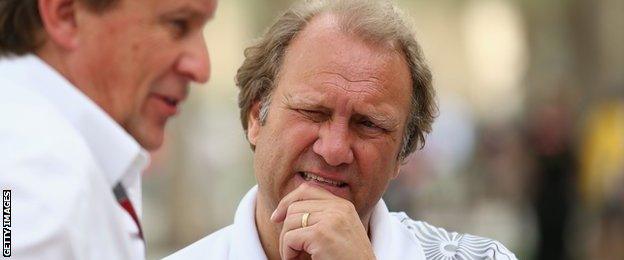
Force India boss Bob Fernley says F1 is at a crossroads
Lotus team principal and owner Gerard Lopez said: "Unless someone breaks and engine or a gearbox, there are going to be 18 cars on the grid tomorrow."
Force India team principal Vijay Mallya told BBC Sport he endorsed Lopez's remarks.
Lopez added: There is a lot of frustration up and down the paddock. It is a big thing but some people have probably tried to make a conspiracy theory about it. For sure we're going to race this weekend and that's it.
"We now need to stop talking about stuff and do something. I hope something can be done in the next couple of weeks."
And the chances of Sauber not racing must be considered very small after their driver Adrian Sutil made it into the top 10 in qualifying for the first time this year.
That gives the Swiss team a good chance of scoring their first points, which go down to 10th place in the race, in what has been the least successful season in their history.
It is suspected Fernley is keen to fire a shot across the bows of F1 commercial boss Bernie Ecclestone, who came up with the current split in revenues and has struck individual financial deals with the teams in the past few years.
But Fernley's approach has been criticised by Christian Horner, team principal of world champions Red Bull, who said: "If you are going to threaten something, you have to be prepared to go through with it."
Later Ecclestone responded to the threat by saying: "Forget all that. I promise they will be racing. I give you a guarantee - but I worry if they will be racing next year."
.jpg)
Force India's team principal Vijay Mallya has said he is not aware of any discussions about a boycott
The Texas race is one of the most important on the calendar in commercial terms because it provides a foothold into the largely untapped potential of the vast US market.
The event is in only its third year, and was established following five years without a race in the States - Indianapolis failed to renew its contract beyond 2007 following the catastrophic 2005 race there, in which only six cars took part because of a row over tyres.
Challenged on the wisdom of such a plan in that context, Fernley said: "Look, those team owners are three of the most dedicated Formula 1 fans in the world and don't want to hurt F1. But at the moment, F1 is hurting them."
F1 has revenues of $1.8bn (£1.1bn) and 63% is passed to the teams, but it is the way that money is shared out that causes problems for the less successful outfits.
The money is split according to a complicated formula related to a team's recent results and historic success, and which is heavily skewed in favour of the big teams.
Ferrari have received more than $200m (£125m) from F1's owners this year - including a payment of about $90m just for taking part - while Marussia are believed to have received only about $14m (£8.8m).
Marussia and Caterham are not racing in the US or Brazil next week and although they are said to be hoping to return for the final race in Abu Dhabi, this is considered unlikely.
Adding to the smaller teams' problems is the fact sponsorship money has been hard to generate since the global financial crash at the end of the last decade, and the increased costs caused by the new turbo hybrid engines this season, which have at least doubled in price compared with last year.
Force India have also long complained that they are excluded from decision-making because they do not have a presence in the strategy group of six teams that proposes rule changes.
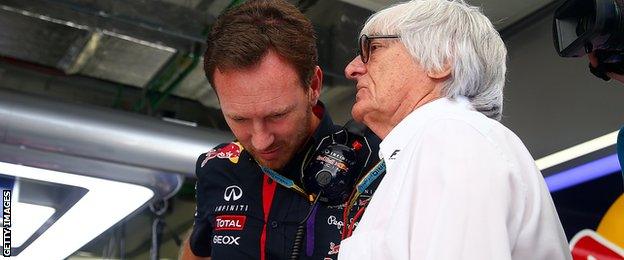
Christian Horner has said he would prefer to see the standard two-car teams in future Formula 1 seasons
But they will be promoted on to it next season because they will finish sixth in the constructors' championship, and will therefore take from Lotus the slot reserved for the best-placed team not among the five permanent members, who are Ferrari, Red Bull, Mercedes, McLaren and Williams.
The contracts signed by the teams mean that Red Bull, Ferrari and McLaren may have to run third cars in 2015 if the grid is below 20 cars - it is now at 18 following the demise of Caterham and Marussia.
Ecclestone said he had proposed that the big teams supply cars to the smaller teams if the grid dropped below 20 cars, but that he would rather the grid stayed at least at that level.

Many jobs are under threat at Caterham and Marussia
- Published1 November 2014
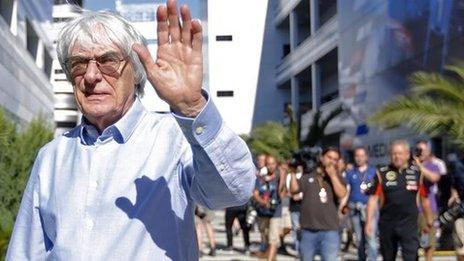
- Published31 October 2014

- Published31 October 2014
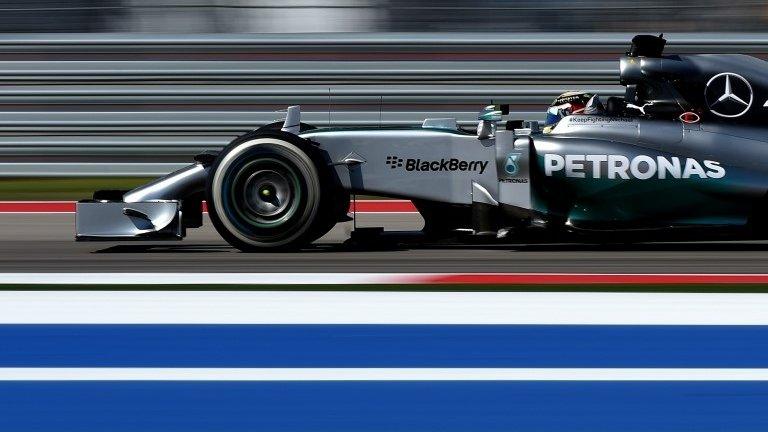
- Published1 November 2014
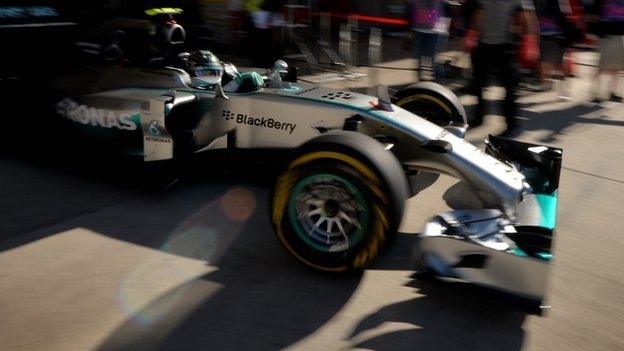
- Published1 November 2014
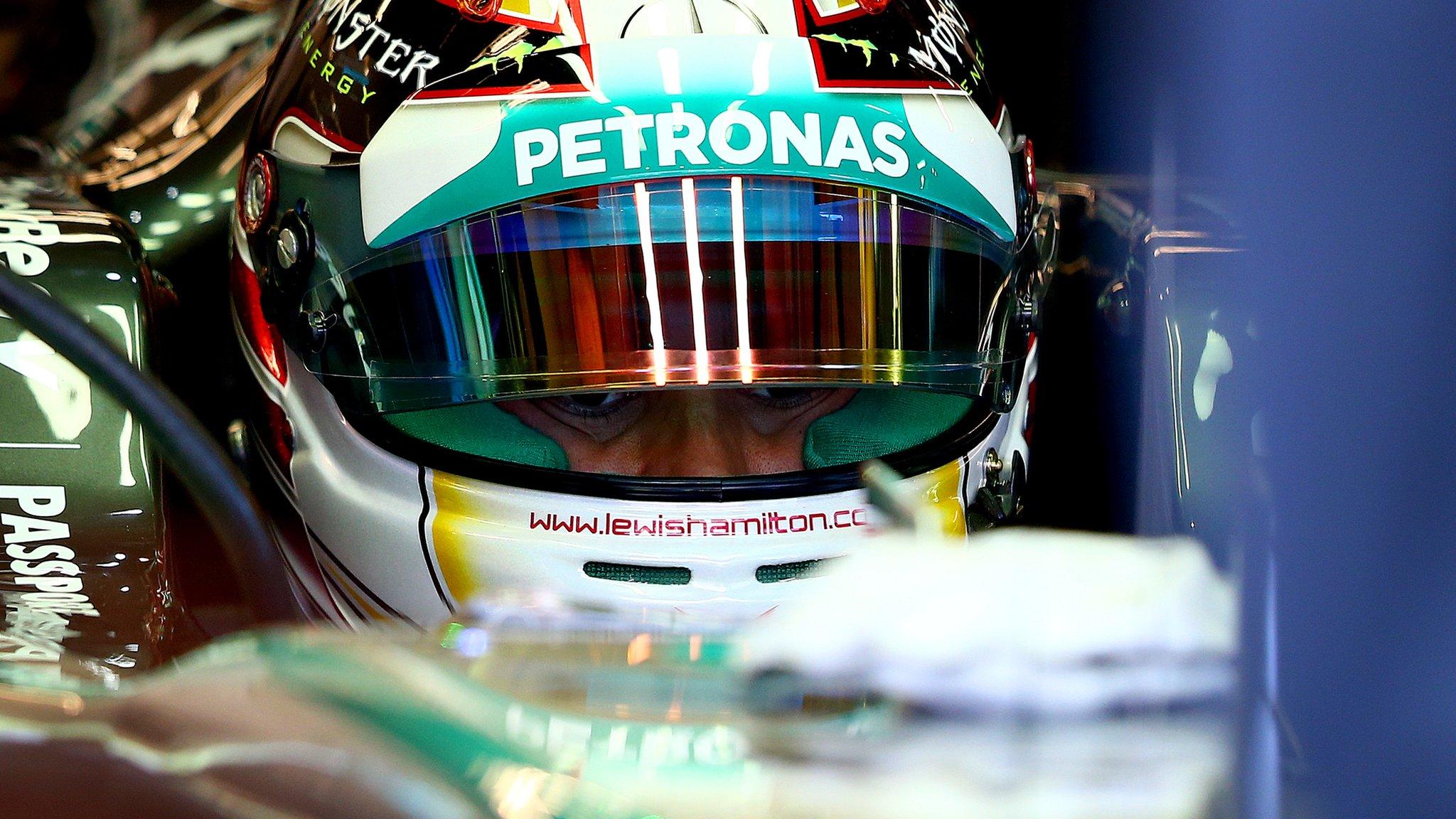
- Published31 October 2014
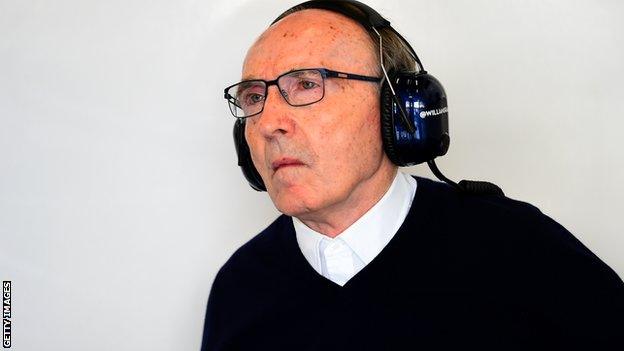
- Published30 October 2014
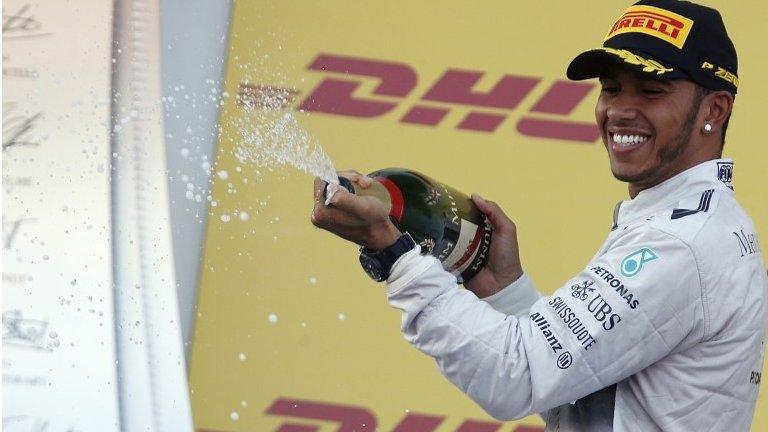
- Published26 February 2019
